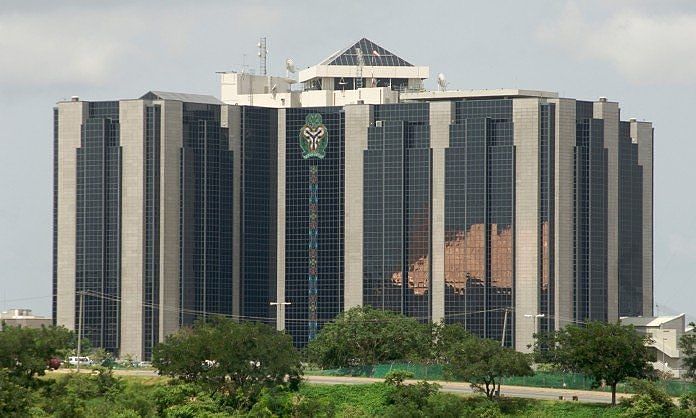CBN enforces anti-money laundering and terrorist financing rules
By Jeph Ajobaju, Chief Copy Editor
Guidance Note has been produced by the Central Bank of Nigeria (CBN) to identify and prevent money laundering through Other Financial Institutions (OFIs) such as Microfinance Banks (MfBs), Finance Companies, and Discount Houses.
The Guidance Note is named anti-money laundering/combating the financing of terrorism (AML/CFT) for OFIs.
CBN Financial Policy and Regulation Director Chibuzo Efobi said it would enable the sub-sector to identify, assess, and minimise the risks of money laundering and terrorist financing (ML/TF).
He stressed that the sophistication level of internal controls should be commensurate with the size, structure, risks, and complexity of the financial institution.
“The internal controls address risks and compliance requirements unique to a particular line of business or department and are part of a comprehensive AML/CFT compliance programme,” Efobi explained.
He said
- OFIs are required to develop an AML/CFT programme, which at the minimum should contain board and senior management oversight, risk management, policies and procedures, monitoring and suspicious transaction report, internal control, compliance function, and training.
- OFIs board of directors would establish an AML/CFT programme in tandem with AML/CFT legislations and regulations, okay AML/CFT policies and procedures, assign a member to handle AML/CFT issues or establish a committee to do so and report to it.
- OFIs board of directors is expected to issue policies on ML/TF risks and formulate and communicate a code of conduct/ethics that include AML/CFT issues.
- OFIs senior management is responsible and accountable for the implementation of the AML/CFT programme.
- They should ensure the programme is adequate to mitigate ML/TF risks and complies with AML/CFT laws, regulations, guidelines, and circulars.
- The determination of criminals and criminal organisations to use OFIs to launder funds and finance terrorism poses threats to the global financial system, a source of concern to the CBN.
_______________________________________________________________
Related articles:
Petroleum products imports drain foreign reserves
CBN forex sales to banks decline to $1.65b
CBN disburses N3tr stimulus, creates 12.5m jobs
________________________________________________________________
Historical efforts to tackle financial corruption
“Over the years, there have been extensive efforts in many countries to come up with appropriate measures to combat money laundering and financing of terrorism,” Efobi said, as reported by The Nation.
“One of the core mandates of the CBN is to promote the safety and soundness of the financial system and, by extension, formulating appropriate policies and procedures designed to mitigate AML/CFT risks to promote financial system stability.”
He also explained that
- The Guidance Note would identify risk management procedures that would lessen the susceptibility of OFIs as a fertile ground for money laundering, and terrorist and proliferation financing.
- These risks may arise from customers, product and services, business practices or delivery methods and jurisdictions or geographical presence.
- OFIs have challenges in the implementation of effective risk-based approach to AML/CFT programme that meets the standard of regulation.
- Application of the Guidance Note is expected to help OFIs take measures to review, monitor and mitigate the risks.
- OFIs could use more stringent tools to identify and assess ML/TF risks in their institutions.
- Irrespective of method adopted, risk assessment should be updated regularly.













